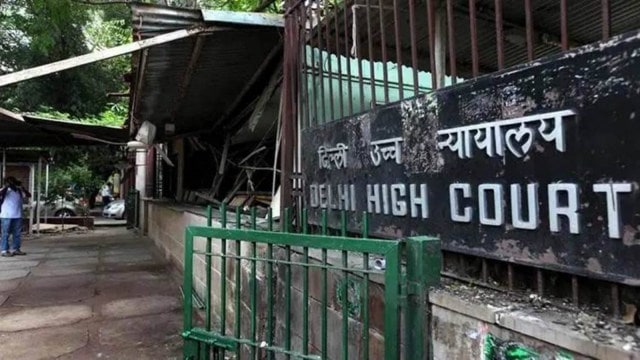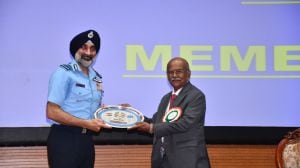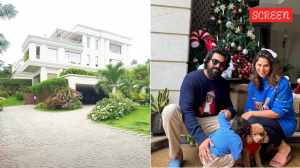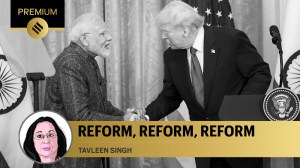In ‘unison’, Delhi HC bar body rejects proposal to reserve seats for women lawyers as office bearers
The submission came in three petitions by women lawyers — Shobha Rani Gupta, a social justice lawyer dealing with women’s issues; Fozia Rahman, and Aditi Chowdhury — seeking reservation for women lawyers in office bearers’ posts in the DHCBA.
 The general body meeting of DHCBA was held on October 7 where the agenda was circulated on whether the members were in favour of any reservation for women in the executive committee.
The general body meeting of DHCBA was held on October 7 where the agenda was circulated on whether the members were in favour of any reservation for women in the executive committee. The Delhi High Court Bar Association (DHCBA) has informed the Supreme Court that its members have rejected, “in unison”, a proposal to reserve seats for women as office bearers in the Association.
The submission came in three petitions by women lawyers — Shobha Rani Gupta, Fozia Rahman, a social justice lawyer dealing with women’s issues, and Aditi Chowdhury — seeking reservation for women lawyers in office bearers’ posts in the DHCBA.
— seeking reservation for women lawyers in office bearers’ posts in the DHCBA. The DHCBA elections are scheduled for December 13.
In an affidavit dated November 5, DHCBA, through its honorary secretary Sandeep Sharma, submitted that “there is no rationale in seeking a higher proportion of seats in the executive committee of the DHCBA” as “lady members constitute only about 22% of the total strength of the DHCBA”.
It further submitted it is an “association of lawyers” and an autonomous and independent body permitted to function as per its own rules and bylaws, and “it is a settled position of law that there can be no reservation in such a private association”.
“Further, DHCBA has always reserved a post of ‘Lady Member Executive’ in its Executive Committee. Moreover, even otherwise, on its own strength, Executive Committee of the DHCBA has comprised 3 to 5 (women)… of 15 members, thereby, constituting up to 20-33% of its total strength,” it submitted.
Citing representations from Bar members seeking reservation for SC/ ST as well as for differently abled lawyers in DHCBA’s office bearers’ posts, the Association further submitted such reservation for women “shall have consequences”.
“It is evident this step of reserving a post for any particular class or category of members shall have consequences which will render the working of the Association difficult. This would lead to other classes and categories coming forward and seeking similar relief. The Association, which was formed in 1962, has worked to date in absolute harmony and has… constantly and organically evolved in aligning itself with the ever-changing aspirations of its members, without appeasement of any particular class of members,” it stated.
It argued, “members of DHCBA believe selection of candidates should be purely merit-based…”
“Female members of the bar are competent, meritorious and well-deserving. DHCBA has produced the largest number of female advocates in the country who have been directly elevated to the Bench of the Hon’ble High Court of Delhi, which, in turn, has often boasted of having the highest number of female judges on its Bench at a given point of time,” DHCBA contended.
The general body meeting of DHCBA was held on October 7 where the agenda was circulated on whether the members were in favour of any reservation for women in the executive committee. Minutes of the meeting state that the members “in unison rejected the agenda and everybody raised (their) voice against this agenda that they were not in favour of any reservation and the seats in the executive committee of DHCBA”.
This was following the SC’s directions on September 26 to the DHCBA to convene a general body meeting and consider the question of reservation.
The SC is due to consider the matter next on November 19.












